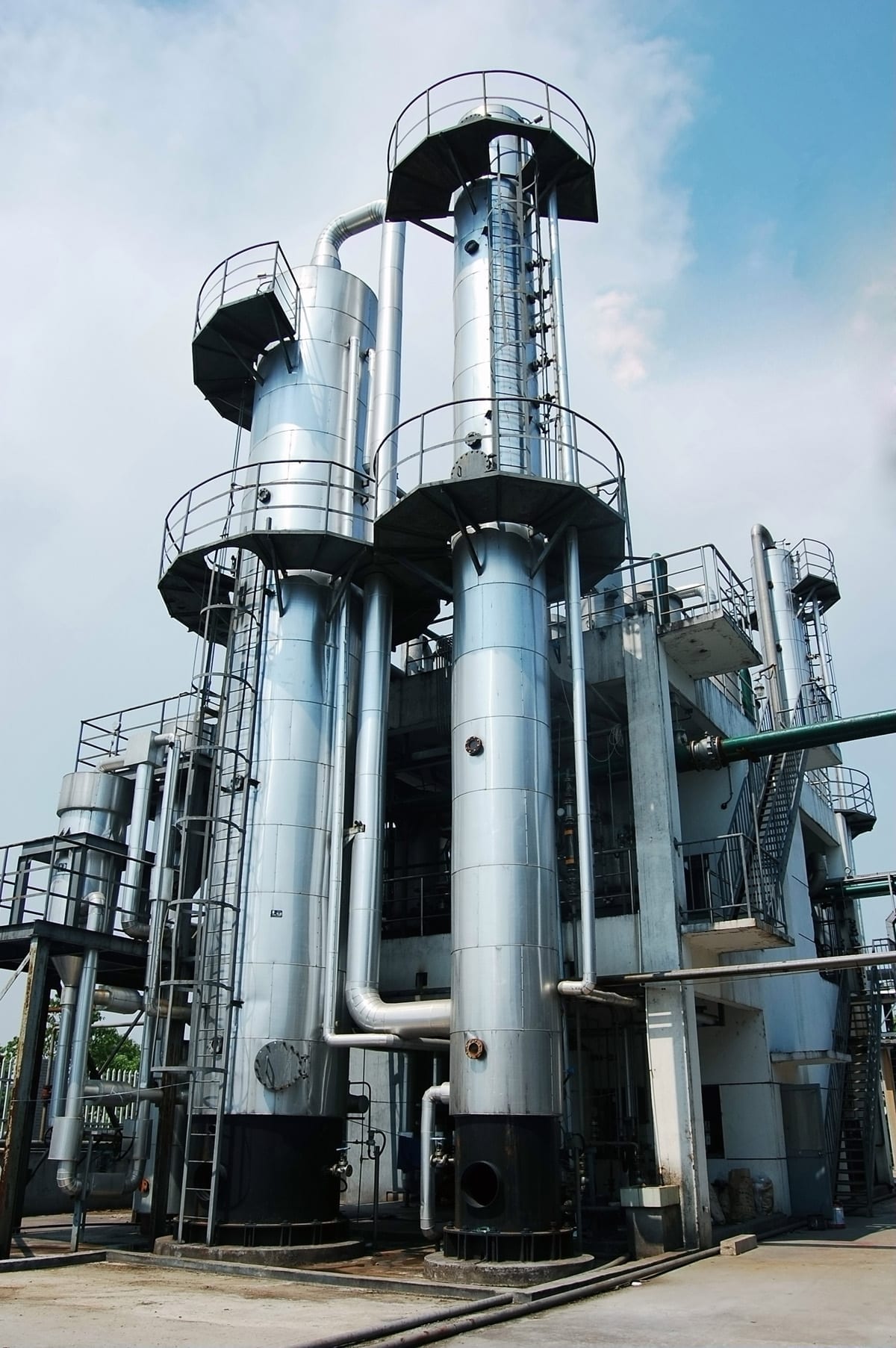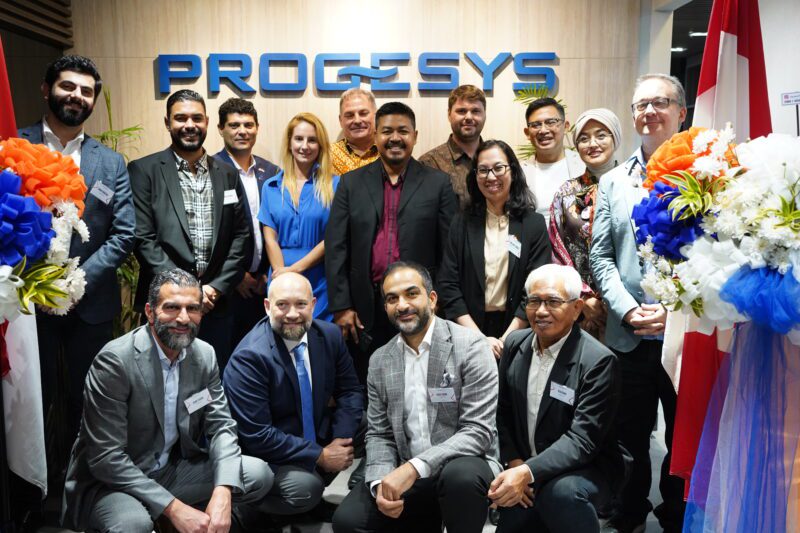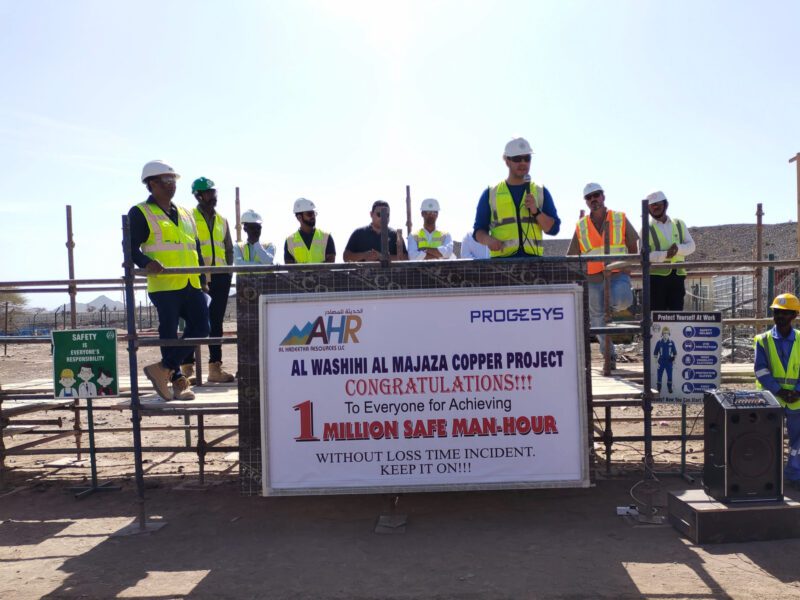
October 5, 2018
News
Progesys successfully delivers Ammonia and NPK Projects worth USD 270 million for PetroVietnam
PetroVietnam Fertilizer and Chemicals Corporation (PVFCCo) decided to revamp their existing ammonia plant (NH3) as well as build a new fertilizer plant (NPK) both located at their Phu My facility in Vung-Tau, Vietnam.
In 2016, Progesys was awarded the two Project Management Consultancy (PMC) contracts by PVFCCo to manage the Engineering Procurement and Construction (EPC) for both of the above-mentioned projects. With a combined project team of 11 personnel and a Project Manager, the multicultural/multidisciplinary Progesys team of Engineers (Civil, Engineering, Procurement, Construction, Electrical, Instrumentation, Process, Planning, Cost) successfully delivered the PMC services of the Revamped Ammonia Project (NH3) which has been in full operation since January of 2018. The NPK Fertilizer Plant performance and process tests were successfully completed in August 2018.
The total invested capital of both projects was USD 237 million. The first project increased the capacity of the existing Ammonia NH3 factory of Phu My Fertilizer Plant by 90,000 tpy. The second was a Greenfield plant with all utilities that produces 250,000 tpy of chemically engineered NPK.
PVFCCO Directors and Management formally thanked the Progesys team on the successful delivery of both of these projects, and for their dedication and professionalism.
Subsequently, Progesys management congratulated all the team members involved in the delivery of these projects and thanked them for their outstanding work and contribution to the company.
Fertilizer facts:
Fertilizer is a substance added to soil to improve plants’ growth and yield. First used by ancient farmers, fertilizer technology developed significantly as the chemical needs of growing plants were discovered. Modern synthetic fertilizers are composed mainly of nitrogen, phosphorous, and potassium compounds with secondary nutrients added. The use of synthetic fertilizers has significantly improved the quality and quantity of the food available today; consequently, fully integrated factories have been designed to produce compound fertilizers.



